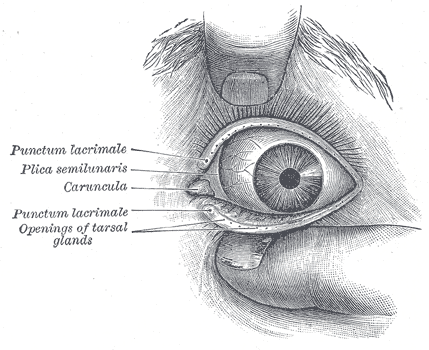Ronald Bailey’s Attack of the Super-Intelligent Purple Space Squid Creators is one of the best articles I’ve read in a long time that uses a bit of humor to expose the idiocy behind creationism, and especially the most unintentionally hilarious moment in Expelled: No Intelligence Allowed,
Near the end of the silly new anti-evolution film, Expelled: No Intelligence Allowed—in which fellow panelist Steve Meyer appeared—host Ben Stein asks Richard Dawkins, who is arguably the best-known living evolutionary biologist on the planet, if he could think of any circumstances under which intelligent design might have occurred. Incautiously, Dawkins brings up the idea that aliens might have seeded life on earth; so-called directed panspermia. This idea was suggested by biologists Francis Crick and Leslie Orgel back in the 1970s. In the film, Stein acts like this is a great “gotcha,” like it’s the silliest thing he’s ever heard. Of course, the irony is that this is precisely what proponents of intelligent design are claiming—that a higher intelligence has repeatedly created life on earth.
So, since our esteemed opponents are agnostic with regard to the “source of design,” and because intelligent design cannot rule out the hypothesis that super-intelligent purple space squids are not the “source of design” of life on earth, I will provisionally accept that hypothesis for the remainder of my talk.
I went and saw Expelled about a week after it came out, and happened to be the only person in the theater watching it — which was nice because I could use my Blackberry throughout the film to fact check it. Which, of course, was beside the point since the movie was so bad it was self-refuting, as in the moment with Dawkins where Stein and the filmmakers poke fun at the panspermia hypothesis. Of course the panspermia hypothesis is extremely unlikely — but it is orders of magnitude more likely than the god hypothesis which Stein and Expelled were pushing.
Anyway, from there Bailey indulges in heresy by questioning the wisdom of choices made by our super-intelligent purple space squid creators,
If that is the case, it would seem the record shows that the intelligent designers—which I am hypothesizing are super-intelligent purple space squids—evidently spent more than 2 billion years tinkering with single-cell algae and bacteria before they got around to creating multi-cellular species. Do intelligent design proponents have a theory to explain that? Were the space squid creators just lazy?
In addition, the record clearly shows that when more complex forms of life were created by super-intelligent purple space squids, they apparently arranged their creations in a specific order. Why did the purple space squids arrange the fossils in a sequence in which fish appear before amphibians which appear before reptiles which appear before mammals? And why did the purple space squids arrange 390 million years ago for the first amphibians to resemble Crossopterygian fish that were also alive at that time? These first amphibians had such characteristics as internal gills, fish-like skull bones, and—interestingly—eight digits just as the Crossopterygian fish did. Apparently our intelligent purple space squid creators (or whoever) found eight digits displeasing, and simply eliminated the extra three digits after they killed off the early amphibians and individually created thousands of later species of amphibians with only the now standard five digits.
It’s almost as if there weren’t any super-intelligent purple space squid creators at all, but rather the slow mindless operation of some natural process — lets call it natural selection for argument’s sake — that over billions of years led to gradual adaptive changes that explain the variety of life in both the fossil record and on our planet today.
Nah, that couldn’t be, could it?
